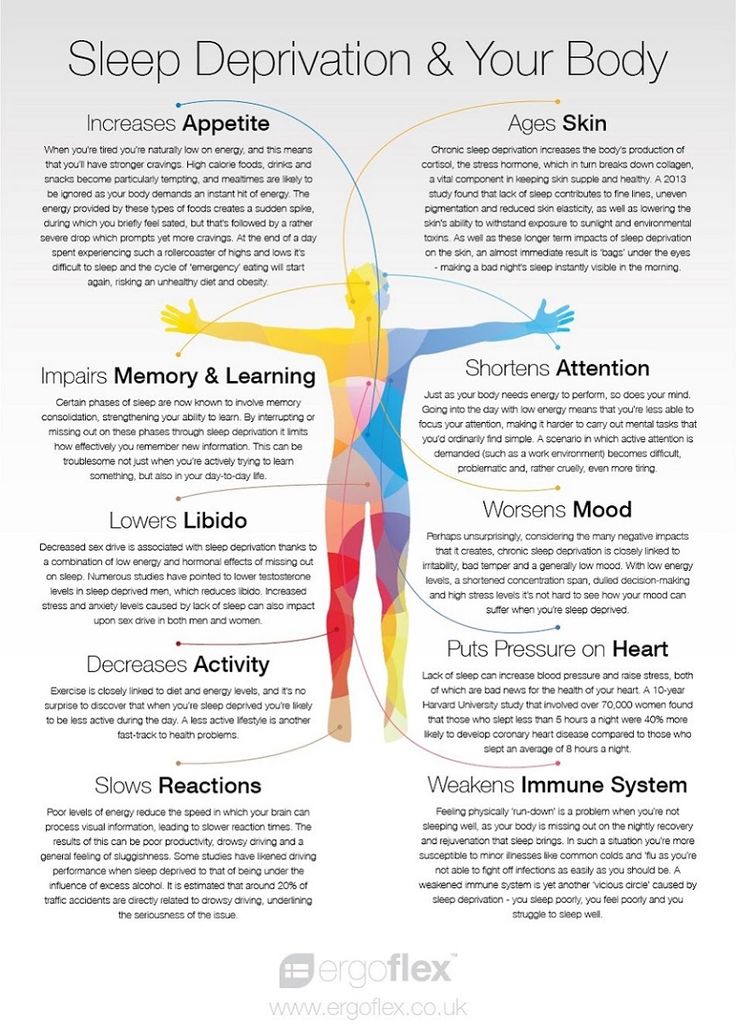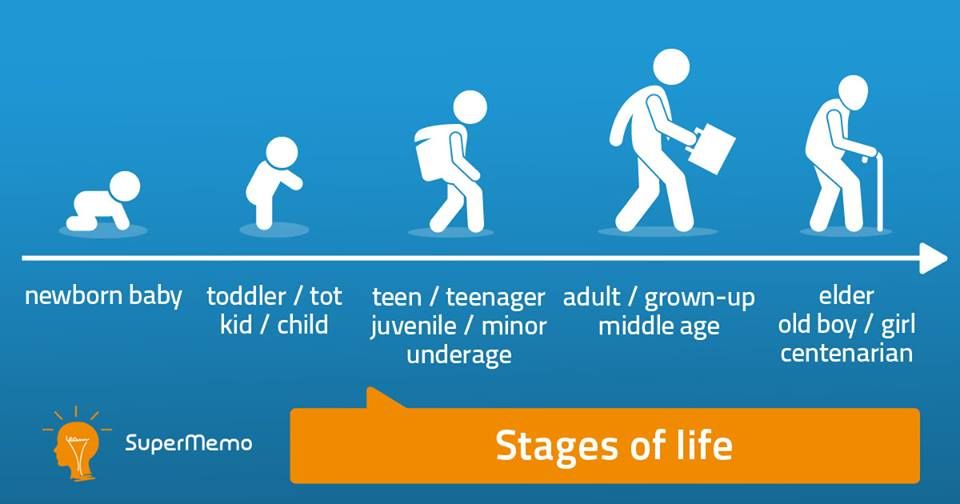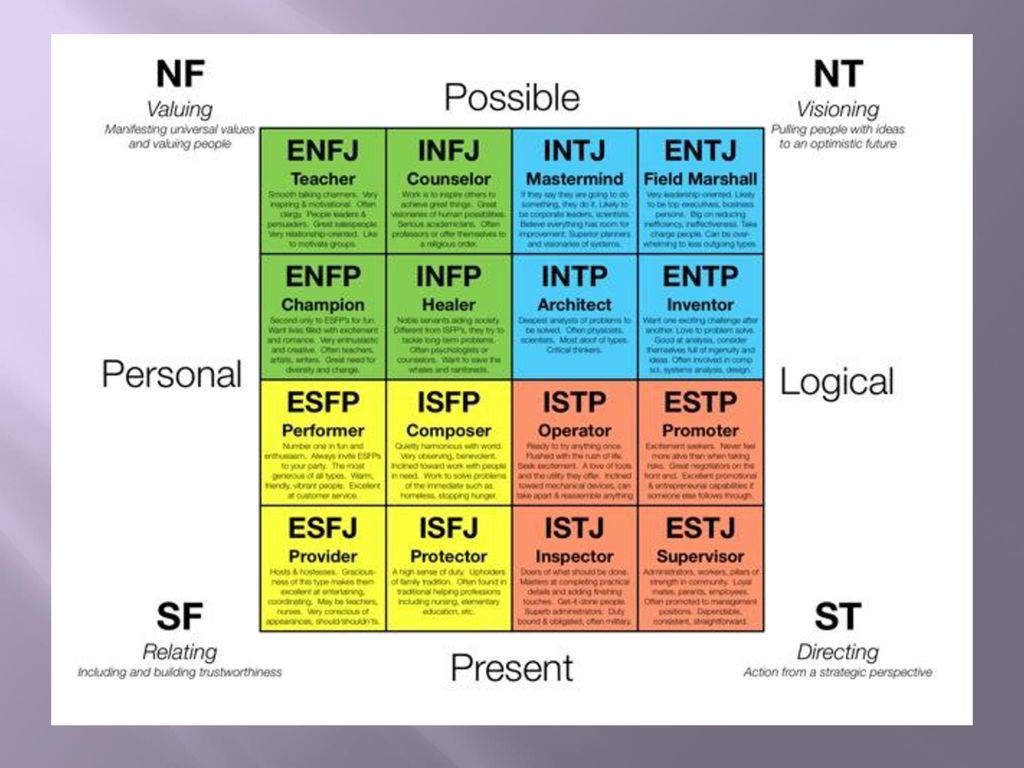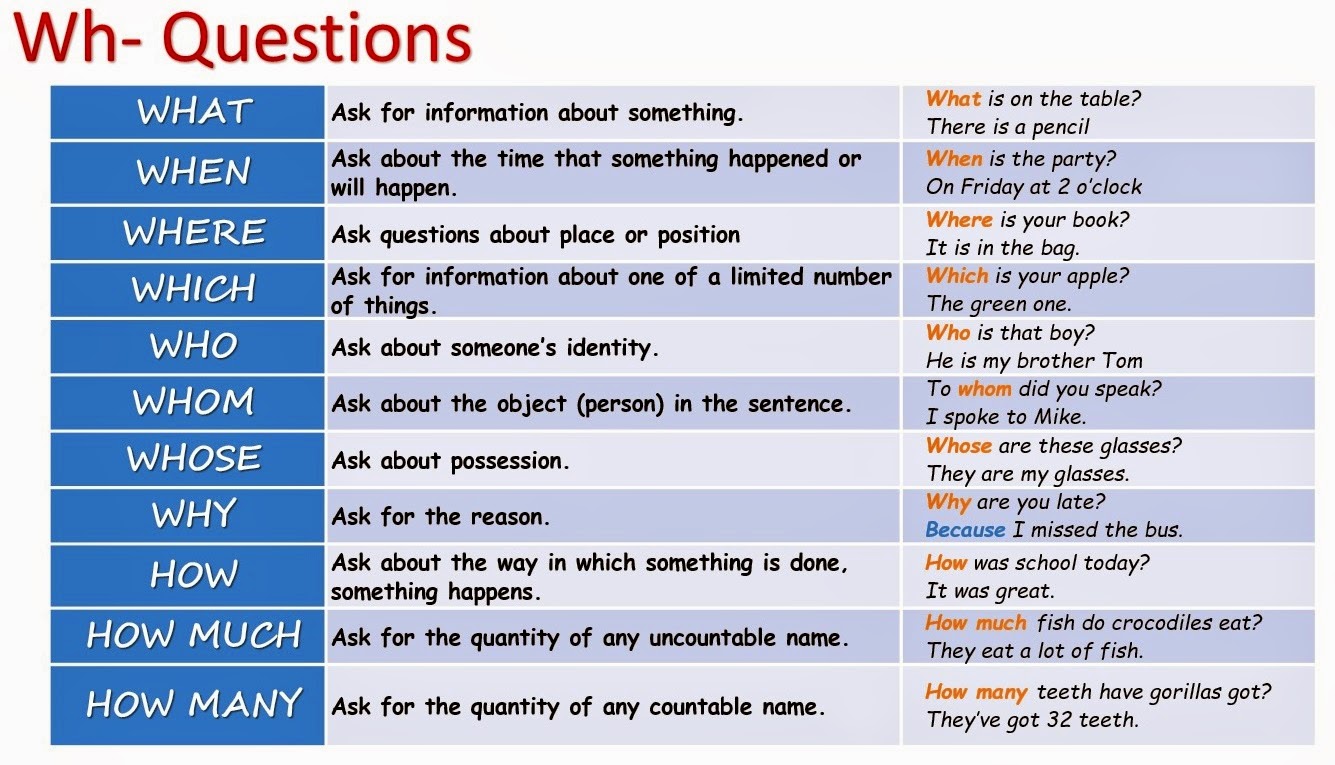How to sleep when thinking too much
Can’t Sleep, Thinking Too Much? Here’s How to Stop Racing Thoughts at
Written by Maisie Bygraves on Aug 04, 2021.
Scientifically fact checked by Nick Witton, Sleep Scientist.
Are you finding it hard to get to sleep because you’re lying awake in bed thinking too much? Are you playing the same old thoughts on repeat each night? And are you thinking about things that are outside of your control?
We can assure you that you’re certainly not alone. Millions of people around the world suffer from the draining effects of racing thoughts at night. Thinking too much at night can not only lead to a bad night’s sleep, but worse still, no sleep at all.
Negative thoughts, stressful schedules and repetitive thinking, all contribute towards racing thoughts at night. It’s no wonder their persistent and intrusive nature interfere so heavily with someone’s sleep schedule.
People who don’t suffer from racing thoughts at night or other sleep disturbances, can often fall asleep within 10-20 minutes, whereas those with a busy mind can take hours.
Sleep.org describes how taking more than an hour to drift off to sleep could indicate that you’re having trouble relaxing before bed as a result of not being able to “turn off your thoughts at night”.
Luckily though, there are some simple ways to stop racing thoughts and as a result get to sleep more easily and faster. Ready to prioritise and optimise your sleep?
What causes racing thoughts at night?
There are many factors that contribute towards racing thoughts at night. Here are just a few:
Stress and anxiety
Stress and anxiety are the leading contributors to racing thoughts at night. Any stress you take with you to bed will inevitably keep you awake and disturb your night’s sleep.
Stressors such as grief, professional woes and financial and family worries, can steal hours of sleep each week. And research has shown how these missed hours of sleep have resulted in people not being as happy or healthy as they could be. In fact, if they managed to get just an hour to an hour and a half extra sleep each night, they’d feel much healthier and happier.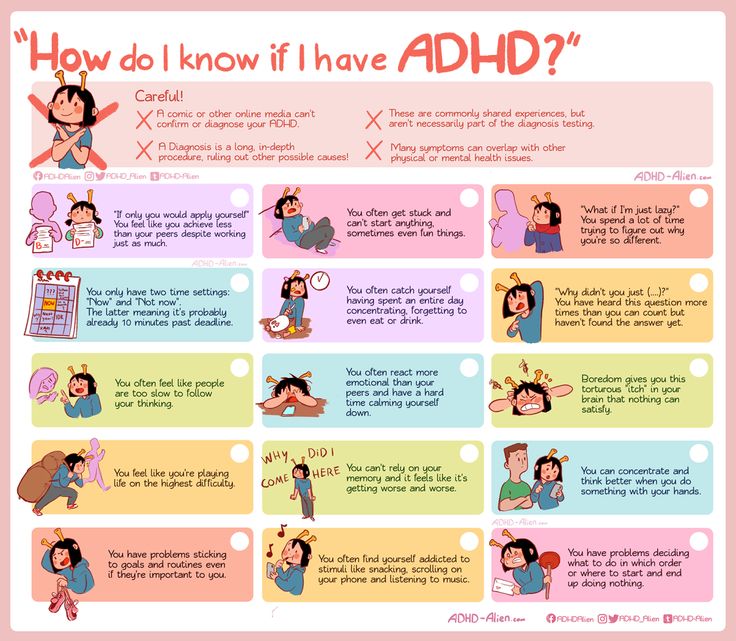
Struggling to wind down and relax
Failing to relax and wind down before bed can make falling asleep extremely difficult. Wind down techniques such as meditation, a hot bath, reading, optimised lighting and Progressive Muscle Relaxation have been proven to help with length and quality of sleep. But with our modern, hectic lifestyles, it’s no wonder we struggle to wind down each night.
Being preoccupied and distracted
It doesn't have to be a negative stress-related thought that can cause you to miss out on sleep. Having an exciting busy schedule the following day, such as thinking about where to take your friends for lunch, or planning your birthday party, can all distract and preoccupy your mind.
What are racing thoughts a symptom of?
Insomnia
Symptoms of insomnia include difficulty falling asleep, waking up during the night or too early in the morning, as well as anxiety and constant fatigue. Around 30% of adults experience some form of insomnia in their lives.
Racing thoughts and overthinking can cause sleep problems such as insomnia and as a result, insomnia can cause the mind to race. This type of repetitive cycle can be damaging for an insomniac sufferer’s sleep and their overall health. It’s a hard trap to escape.
Stress
Symptoms of stress include feeling low, lethargic, tired, tense and having insomnia. In the same way insomnia and racing thoughts can cause sleep problems, stress and racing thoughts follow a similar pattern. The more stressed you are the harder it is to quieten your thoughts and therefore the harder it is to fall asleep. And vice versa.
How to stop racing thoughts at night
To stop racing thoughts at night, you should start winding down at least 2 hours before bed, to alleviate stress and ensure you’re totally relaxed before you go to sleep. You can try listening to white noise, meditating, reading a book or soaking in a warm bath.
There are many relaxation techniques for sleep that you can try to relax your mind, however we’ve picked 4 of the most accessible techniques that you can easily do tonight. Make them your go-to methods to stop your thoughts racing.
Make them your go-to methods to stop your thoughts racing.
1. White noise
Listening to white noise can help stop racing thoughts by giving your brain another focus - a calming distraction. It helps you to fall asleep faster and is often recommended for sleep disorders and insomnia. Listening to white noise is a way to ‘calm’ your prefrontal cortex, which is responsible for thought analysis and making choices.
White noise has the same intensity throughout its audible frequency range and helps to distract your brain from other noises that can cause over-stimulation when trying to sleep. Examples of white noise include a fan and static from a TV set.
How to listen to white noise- Head to your app store.
- Download MyKokoon and follow the instructions.
- Browse our Disrupted Sleep audio.
- Select the 20-minute White Noise track and relax.
2. Soaking in a warm bath
A warm bath not only gives you time to relax and wind down before bedtime, it can also help you breathe more deeply and slowly. Helping to calm your body and mind and gain control of any racing thoughts. Plus, the warmth of the water can make you feel more sleepy and increases your chances of nodding off sooner.
Helping to calm your body and mind and gain control of any racing thoughts. Plus, the warmth of the water can make you feel more sleepy and increases your chances of nodding off sooner.
- Run the bath so it covers your body and ensure it’s warm/cool enough so it feels comfortable to lie in.
- Add any bath salts or calming essential oils, such as lavender.
- Breathe deeply, focus on the warmth of the water, scent of the oils and focus on any positive thoughts.
- Head to bed soon after and drift off to sleep.
3. Meditation
Another successful technique to stop repetitive thoughts is meditation. Meditation helps turn negative thoughts into positive ones, whilst encouraging a better night’s sleep. Many studies have shown that meditation increases sleep quality by decreasing ruminative (deep) thoughts and decreasing emotional reactivity - both triggers of racing thoughts.
How to meditate
Start with a guided meditation to help take you through the process, step by step. You’ll find a relaxing guided meditation called Mindful Moments on the MyKokoon app.
You’ll find a relaxing guided meditation called Mindful Moments on the MyKokoon app.
- Download MyKokoon and follow the instructions.
- Browse our Meditation audio.
- Lie in bed or some place cosy and select the 18-minute Mindful Moments track. And breathe.
4. Read a book
Although it may seem like a stimulant, reading a book can really help to stop racing thoughts at night. Racing thoughts tend to focus on negative things rather than positive thoughts, so by reading a lighthearted, funny or scientific book, not only does it act as a distraction, but it can also lift your mood and alter your mindset for the better.
A study found that six minutes of reading before bed or during the day can reduce stress by 68%. So, not too much time needs to be invested.
3 Books to read before bed
- Dreamland by David. K. Randall.
- The Happy Ever After Playlist by Abby Jimenez.
- A Tiny Bit Marvellous by Dawn French.

Start calming your mind for sleep
If you find it hard to fall asleep because you’re worrying about things outside of your control, then these tips on how to stop racing thoughts at night will be the perfect remedy. By tweaking your wind down routine and introducing small changes such as white noise, a hot bath, meditation and reading before bedtime, you can start to ease racing thoughts before and during sleep.
If you need help masking any external noise during your new wind down routine and whilst you sleep, then it’s time to try our Nightbuds. Nightbuds use noise-masking technology, so any disturbances whilst you’re reading, meditating or tuning into Kokoon’s white noise audio, can be masked. They also monitor your sleep, so you can see how your sleep is improving, night after night.
Explore Nightbuds for sleep
How to Quiet Your Mind to Get Better Sleep
Can’t put that racing mind to bed? Whether it’s stopping you from quickly falling asleep or staying asleep, there’s no question an unsettled mind can be a major obstacle to slumber.
“It’s one of the most common problems we hear in our sleep clinic, especially among people struggling with insomnia,” says Lawrence Chan, DO, a professor of sleep medicine at The Ohio State University Wexner Medical Center in Columbus.
The problem is more than just annoying. Racing thoughts at bedtime — even if they aren’t anxious or worried thoughts — might contribute to sleep problems in people who have insomnia, according to a study published in November 2021 in the journal Comprehensive Psychiatry. The researchers noted that this is different from rumination, which is defined as obsessive, repetitive thinking that tends to focus on negative content.
There’s a reason many people can’t stop thinking about things before going to bed. Whether you’re exploring a new city or simply plugging away at your routine to-do list, your brain is collecting new information all day long, explains Michael Breus, PhD, a clinical psychologist in Manhattan Beach, California, who specializes in sleep disorders.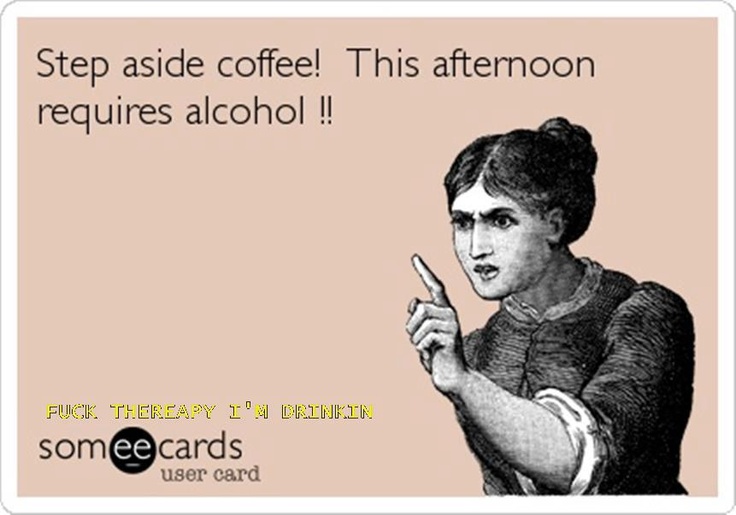 He is also the author of The Power of When, a book on understanding your body clock and circadian rhythms.
He is also the author of The Power of When, a book on understanding your body clock and circadian rhythms.
“Not until you climb into bed do you have any quiet time, and all of that information, including your worries, comes flying through the door,” he says.
Anxious thoughts and rumination can also keep you awake, of course. If you tend to wake up in the middle of the night and a racing mind won’t let you get back to sleep, it may mean that something is bothering you more than you’d care to otherwise admit or address, Dr. Breus says. “It’s generally a sign that something stressful is going on in life.”
Whether you’re stressed, excited, or simply replaying your day, use these tips to help quiet your racing mind — before thinking too much at bedtime becomes a habit that’s too intense to stop on your own.
What to Do When You Can’t Fall Asleep1. Ditch the DevicesSleep doctors have been telling you for years to stop using smartphones, laptops, and tablets right before bed for good reason. Not only does the light from electronic screens mess up your melatonin production, which makes sleep physiologically harder to achieve, but smart devices can also heighten anxiety and worry if you’re reading stressful news on it. This habit makes the cycle of ruminating about bothersome or unpleasant news that much worse, Dr. Chan says.
Not only does the light from electronic screens mess up your melatonin production, which makes sleep physiologically harder to achieve, but smart devices can also heighten anxiety and worry if you’re reading stressful news on it. This habit makes the cycle of ruminating about bothersome or unpleasant news that much worse, Dr. Chan says.
Plus, the apps, websites, and news you’re consuming on such devices are meant (in large part) to keep you and your brain engaged, he adds. “The internet is designed to capture attention so that you spend more eye time on screens, which can be a detriment to sleep,” says Chan.
To protect your shut-eye, switch off your devices one to two hours before bed, ideally, or at least 30 minutes if you can’t swing that.
2. Schedule Some “Worry Time”Just as you schedule time to see friends or get a massage, do the same with your worries. Schedule 15 to 30 minutes a day, at least one to two hours before bed, to write down those worries. In addition, create at least one action item you can do to help deal with the issue. Thinking through those potential stressors earlier in the day should help ease how much you worry about them when your head hits the pillow, Chan says. “Ideal sleep depends on creating routines and schedules, and this is no different,” he says.
In addition, create at least one action item you can do to help deal with the issue. Thinking through those potential stressors earlier in the day should help ease how much you worry about them when your head hits the pillow, Chan says. “Ideal sleep depends on creating routines and schedules, and this is no different,” he says.
Most people assume that sleep is like breathing: Your body will just do it. Not true. Modern-day living has created so much stimulation during the day that brains now operate at warp speed, and if you don’t give yours time to rest, it’ll continue going at that speed at bedtime, says David Brodner, MD, founder of and principal physician at the Center for Sinus, Allergy, and Sleep Wellness in Boynton Beach, Florida.
At least 30 minutes before you go to bed, start your preparations and then do something relaxing like listening to music or reading. Keep it consistent, and you’ll train your body to expect sleep after that relaxation period.
Now that you’ve dumped your worries, replace the void where those negative thoughts once lived with positive ones by starting a gratitude journal, Breus suggests. The impact of those positive thoughts is greater when you write them down. So try spending a few minutes each night listing three to five things you’re grateful for.
5. Practice 4-7-8 BreathingYou’ve heard how deep breathing can help combat stress, but it can also help you fall asleep. In order to sleep, your heart rate needs to slow down, Breus says, and breathing techniques are one of the most effective ways to achieve this goal.
One of Breus’s favorites is 4-7-8 breathing: Inhale for a count of four, hold for seven, and then blow out for eight. Do this at least five to seven times to slow your heart rate.
6. Do Progressive Muscle RelaxationAs you lie in bed, tense and relax all of your muscles one by one, starting at your toes and ending at your head. Not only is this incredibly relaxing, as the name implies, but it also forces you to think about the physical parts of your body, directing your attention away from whatever thoughts or stressors you’re fixating on, Breus says.
Not only is this incredibly relaxing, as the name implies, but it also forces you to think about the physical parts of your body, directing your attention away from whatever thoughts or stressors you’re fixating on, Breus says.
Going to bed and waking up at the same times each day is one of the pillars of sleep hygiene — those guidelines sleep docs recommend for ensuring a good night’s sleep. It helps the mind, too. “If you try to go to bed early, when your brain’s not ready to sleep, it will focus on other things,” Breus says, which keeps the brain excited and awake.
What to Do if You Wake Up in the Middle of the Night1. Get Out of BedAs counterintuitive as it may seem, climbing out of bed after about 20 minutes of worrying is the tried-and-true advice sleep doctors tell everyone they help and one of the hallmark steps of therapy for insomnia. If you spend time in bed worrying, your brain will begin to associate the two and not be able to sleep, Chan says. You’ll create a vicious cycle for yourself, whereby your bed increasingly becomes a space where it is difficult for you to sleep.
You’ll create a vicious cycle for yourself, whereby your bed increasingly becomes a space where it is difficult for you to sleep.
Instead, get out of bed and do something calming, such as reading a book, doing light chores, or journaling. As soon as you start getting sleepy, head to bed. “The goal is to increase your sleep efficiency, meaning that when you’re in bed, you’re sleeping,” Chan says.
2. Slow That Heart RateYou may have used the 4-7-8 breathing technique or deep muscle relaxation before bed. Now try them again, as your goal is to not only lower that heart rate but also take your mind away from your thoughts, Breus says.
3. Write Down Your WorriesKeep a notepad and pen by your bed to scribble down worries that are at the front of your mind, Dr. Brodner says. This isn’t the same as pre-bed structured worry time, since you’re not creating solutions; you’re just getting your worries out of your head so your mind can rest.
This tip may be controversial, but a much-loved movie or TV show can take your mind off whatever is bothering you and potentially help you relax, says Breus.
Now, we know what you’re thinking: Yes, TVs emit blue light, which can mess with your melatonin production and make it harder to nod off. But unlike smartphones and tablets, which you hold close to your face, TVs are usually positioned “so far away that you’re not getting as much blue light as you think,” says Breus. Plus, most people aren’t actually watching TV as much as listening to it with their eyes closed, and blue light can’t penetrate closed eyelids.
Note, though, that most sleep guidelines recommend against TV in bed, including some experts from Sleep Foundation.org, so if listening to the TV isn’t helping you sleep, don’t do it.
It’s also worth stating that everyone has trouble sleeping from time to time. But if restless nights become the norm, rather than an occasional occurrence, tell your doctor. If you’re experiencing symptoms of insomnia, there are ways your doctor or a sleep specialist can help.
If you’re experiencing symptoms of insomnia, there are ways your doctor or a sleep specialist can help.
The Latest in Sleep
Why Sleep Is So Important for a Healthy Immune System
ByWhy You Remember — or Forget — Your Dreams
ByCan Wearing an Eye Mask to Sleep Tonight Boost Your Brain Function Tomorrow?
ByHow to Prep Your Body for Turning the Clocks Ahead for Daylight Saving Time
ByWhat Is Hypersomnia? Symptoms, Causes, Diagnosis, Treatment, and Prevention
ByCan a Sound Machine Actually Help Me Sleep Better?
ByMouth Taping: Can It Really Help Your Sleep?
By7 Gifts for Better Z’s — Sleep-Doctor Approved
ByWhat Sleep Docs Want You to Know About Turning the Clocks Back and Shorter Winter Days
ByOlder Adults Who Sleep 5 Hours or Less May Be at Higher Risk for Multiple Chronic Diseases
ByHow to fall asleep when annoying thoughts are spinning in your head
January 25, 2018, 19:16
American psychologist and sleep specialist James Findlay named eight ways to fall asleep quickly when disturbing thoughts bother you.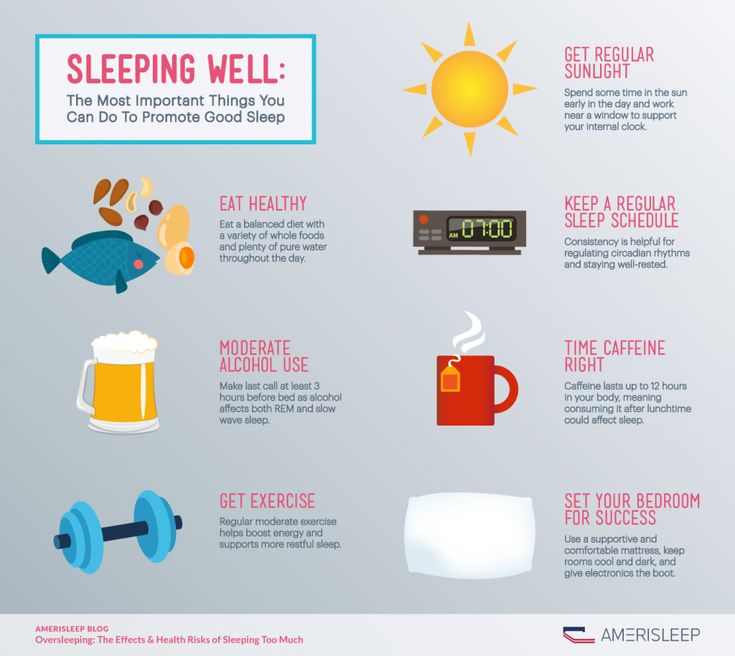
"Very often people complain that they are physically tired, but they can't sleep because of worries and intrusive thoughts," says James Findlay. According to the expert, there are some techniques that help to cope with anxiety and sleep soundly.
Video of the Day
If you often suffer from insomnia, consider these eight tips:
1. Make a to-do list. If you have disturbing, negative thoughts before going to bed, turn them into positive ones. Make a list of useful things to do the next day, it can be pleasant trips or good deeds. Falling asleep, you will think about your plans. And studies show that writing down tasks helps clear your mind and set you up for a productive new day, which means falling asleep faster.
2. Get out of bed. If you toss and turn in bed for a long time and cannot fall asleep, it is better to get up and concentrate on something else. Psychologists say that frequent, prolonged attempts to sleep train the brain in such a way that it begins to associate the bed in your bedroom with insomnia. If you can't fall asleep within 20-30 minutes, get up and do something: read, do crossword puzzles. Soon you will really want to sleep.
If you can't fall asleep within 20-30 minutes, get up and do something: read, do crossword puzzles. Soon you will really want to sleep.
3. Read a book, but not a very exciting one. You can't just stop the intrusive thoughts in your head, but you can take your mind off them by turning your attention to a book. But it has to be a paper book, as gadget screens can further disrupt sleep. When you are distracted from what is bothering you, you fall asleep faster. The main thing is not to choose a book that is too interesting, from which it will also be difficult to tear yourself away.
4. Listen to a podcast or audiobook. An audiobook or podcast acts like a book, distracting from heavy thoughts and calming. After listening, you can sleep peacefully.
5. Or turn on soothing sounds. You can create a sleep-friendly sound environment for yourself. Some people are calmed by the sound of the ocean, others by the singing of birds or the sounds of the evening forest.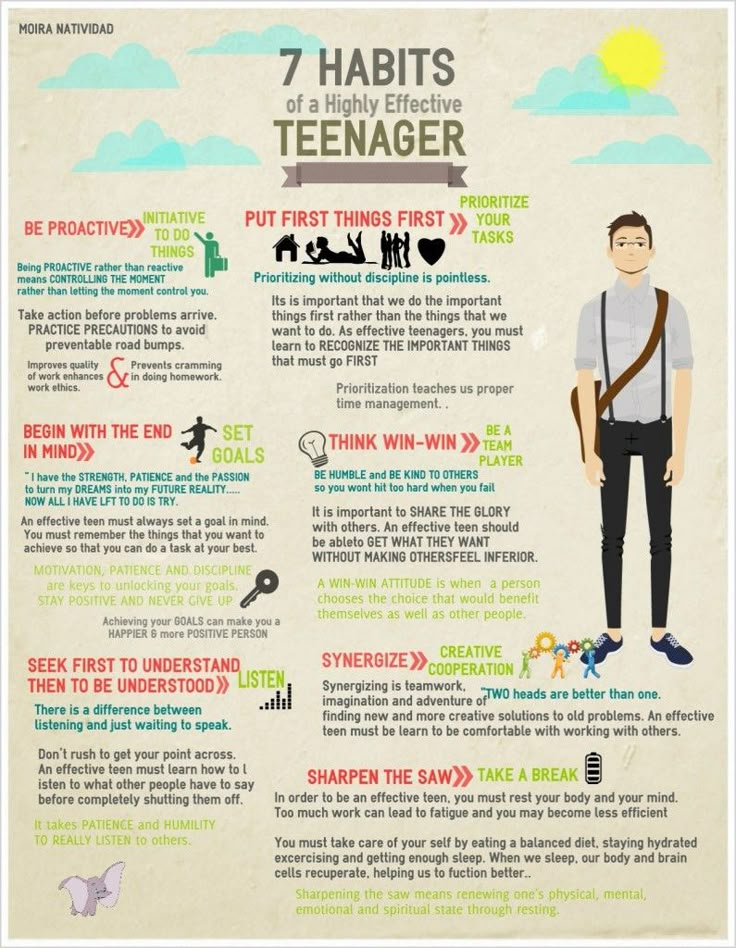 Just download these sounds and put on your headphones.
Just download these sounds and put on your headphones.
6. Focus on your breathing. Deep and slow breathing can slow down the heart rate and relieve nervous tension. Accordingly, it will be easier for you to fall asleep.
7. Meditate. Meditation allows you to find peace of mind and calm down. You can meditate not only right before bedtime, but also throughout the day. If you don't know the best way to meditate, you can use special apps or YouTube videos that show meditation techniques in detail.
8. Download the sleep app. In the modern world, there are useful applications for smartphones that help you fall asleep faster. Such applications contain specially selected sounds and noises that help the brain relax and fall asleep.
Breaking news digest
Free email newsletter of only the best content from NV editors
Email sent Monday through Friday
Supermodel Miranda Kerr reveals what helps her deal with stress
Follow the most interesting news from the HB STYLE section on Facebook
Tags: Stress Sleep Healthy sleep Insomnia
8 ways to fall asleep without drugs
These are comments from readers from the Community. Collected into one material, carefully edited and formatted according to editorial standards.
Collected into one material, carefully edited and formatted according to editorial standards.
Anna Mozgovaya
took notes
Author profile
Poor or lack of sleep is a problem that interferes with normal work and life.
We talked about how to recognize and deal with insomnia. In the comments, readers shared stories of their illness and ways to fall asleep. This collection contains all non-drug methods that may help you too.
Go to the doctor
There are no recommendations for treatment in the article, only personal experience of readers. Please consult with your doctor before deciding on treatment. The responsibility for your health rests solely with you.
Method No. 1
Count even or odd numbersIvan Ivanovich Ivanov
drives away thoughts with numbers
Author's profile
Thank God, I haven't encountered pathological insomnia yet. But it happens that I can’t fall asleep from the thoughts that creep into my head: when else should I think about a client who needs to be billed, or about a frame from a movie that I watched last week.
But it happens that I can’t fall asleep from the thoughts that creep into my head: when else should I think about a client who needs to be billed, or about a frame from a movie that I watched last week.
To fall asleep, I count, for example, from 500 to 900 only even or only odd. If you didn’t fall asleep - every third number or ten for even, ten for odd. And in reverse order. The point is to constantly, but smoothly, increase the complexity of the calculations. The difference from a regular account is that in half a minute I am counting and thinking at the same time on a regular account. Increasing the complexity of calculations allows you to block annoying thoughts and achieve soporific monotony.
Method No. 2
Avoid videos and games before bedAleksey Petrov
reads calm books
Author profile
I have had problems sleeping almost all my life, because I am a night owl, and I have to get up early often. If you go to bed and get up late, then the sleep schedule constantly shifts and it becomes more and more difficult to fall asleep. Moreover, you still have to get up early from time to time.
If you go to bed and get up late, then the sleep schedule constantly shifts and it becomes more and more difficult to fall asleep. Moreover, you still have to get up early from time to time.
The style of life in the city itself interferes with normal sleep: a minimum of physical exertion with a maximum of psychological, constant stress, an excess of incoming information, noise outside the window at night. One sleeps much better in the dacha: the air is fresher, and the idiots under the window don't yell.
I can't stop using my tablet before bed to sleep better. But he excluded news, videos, and even more games. He left only reading books, preferably quiet ones. Walking also helps, but not right before bedtime, but a few hours before. I can brew motherwort, it also seems to help.
Method No. 3
Maintain sleep hygieneAndrey Korbut
creates all conditions for sleep
Author's profile
My insomnia first developed as acute. I never found out the reason, but most likely it was covid and a month and a half of taking antibiotics after it. Later the insomnia became chronic. The main problem is the inability to sleep.
I never found out the reason, but most likely it was covid and a month and a half of taking antibiotics after it. Later the insomnia became chronic. The main problem is the inability to sleep.
Of the non-drug methods, sleep hygiene helped me:
- Wake up at the same time on an alarm clock and not fall asleep during the day.
- Sleep with the window open.
- Put the clock away and do not look at the time at night.
If you still can't sleep, you can get up, walk around, drink water or milk with fast carbohydrates, such as cookies. And try a weighted blanket or just two quilted ones.
/health-life-2/
8 ways to fight insomnia
Method No. 4
Create a sleep ritualOleg Fadeev
refused coffee
Author's profile
Damn insomnia haunts since childhood. Once, when I was about 22-24 years old, it lasted almost a month. Insomnia can happen for absolutely no reason or if important things are coming up tomorrow morning. These fucking things are an almost guaranteed transparent dream before the alarm clock, and if you fall asleep normally, then already at dawn.
Insomnia can happen for absolutely no reason or if important things are coming up tomorrow morning. These fucking things are an almost guaranteed transparent dream before the alarm clock, and if you fall asleep normally, then already at dawn.
But sleep has been easier lately. A few years ago, I developed a strange ritual of falling asleep for myself: I stick in earplugs, lie down on my side, cover my head with a small pillow and press this pillow with my shoulder to my head. The ritual turned out to be quite successful, I fall asleep easier and, if I suddenly woke up in the middle of the night, I cut myself off in the same way. Of course, you need to add to this regular exercise and sleep discipline in order to fall asleep and get up at about the same time.
Caffeine and alcohol could also help insomnia. Caffeine was harmful in the sense that after a morning mug it started to make me sleepy after dinner. Sometimes I gave in and slept during the day or even in the evening, which meant a complete disaster at night. But I refused coffee and tea, and the difference is noticeable. But alcohol is harder to give up, unfortunately.
But I refused coffee and tea, and the difference is noticeable. But alcohol is harder to give up, unfortunately.
Method No. 5
Use earplugs and sleep maskAnton Borisenkov
improved my sleep by 80%
Author's profile
I've had sleep problems for many years, I can't say exactly how many. They occur in cycles: usually a few weeks or months everything can be fine, and the next few weeks or months can be a nightmare. Caught a couple of patterns. If there is a strong wind outside, I sleep very badly. The work is stressful, and the quality of sleep improved a lot during the holidays, but in the last few years, even the holidays have not helped much.
I solved the problem in different ways without doctors and psychotherapists, as the doctor himself. I picked up a few recipes for myself that help me by about 80%:
6 things for healthy sleep
- Ear plugs and a mask are one of the ways that definitely improves the quality of sleep.
 I have been using for many years.
I have been using for many years. - Physical activity. Before going to bed, I never exercised, but if there is high-intensity physical activity during the day, my sleep improves for sure.
- Antihistamines. I get knocked out by everything I've ever tried. Even those drugs about which they write that they are daytime and can be given to drivers. After one pill, I not only sleep like a log at night, but the whole next day I can’t concentrate on anything. But the effect begins to decrease if you take them for more than one to two weeks.
Method No. 6
Drink less liquid at nightAlex K
does not drink at night
Author profile
A small life hack. I think it can be attributed to sleep hygiene. You need to drink less liquids at night and do not forget to go to the toilet before going to bed. It often happens that because of this, people wake up in the middle of the night, and then fall asleep hard. Or you lie to yourself, you can’t fall asleep, the bladder is gradually filling up, but you don’t want to get up. As a result, you will still wake up at night and have to go. And now the dream is broken.
Or you lie to yourself, you can’t fall asleep, the bladder is gradually filling up, but you don’t want to get up. As a result, you will still wake up at night and have to go. And now the dream is broken.
Method No. 7
meditateAnti
restores biorhythms
Author profile
My problem is not so much insomnia as jet lag. The reasons are lack of physical activity and excess mental activity, stress, a lot of coffee and nicotine, a child, and sometimes its absence: oddly enough, it is sometimes difficult to fall asleep without it.
But if I focus on normalizing my sleep, I always manage to get back to normal. To do this, I use meditative techniques, controlled relaxation, binaural beats. If coffee is to blame, I supplement the techniques with products that lower blood pressure, for example, I eat a lemon before bed. I also drink herbal syrups or green tea with fresh mint.
Method No.


